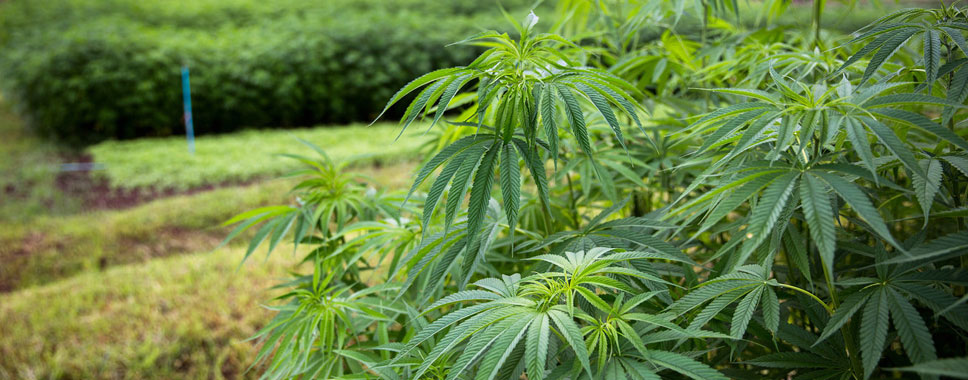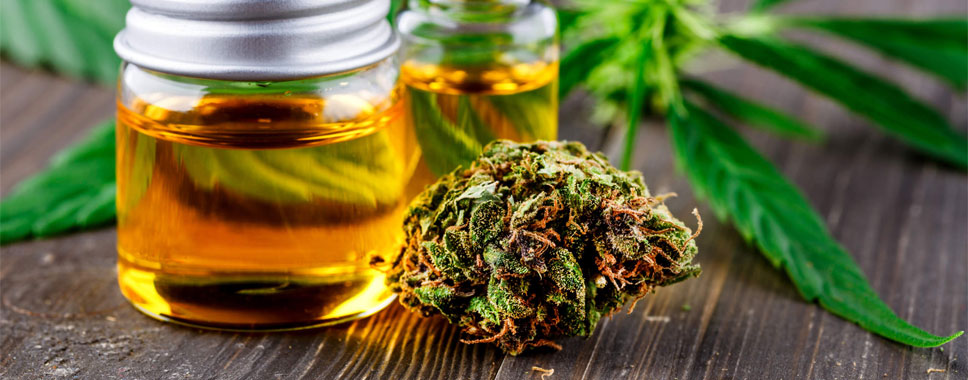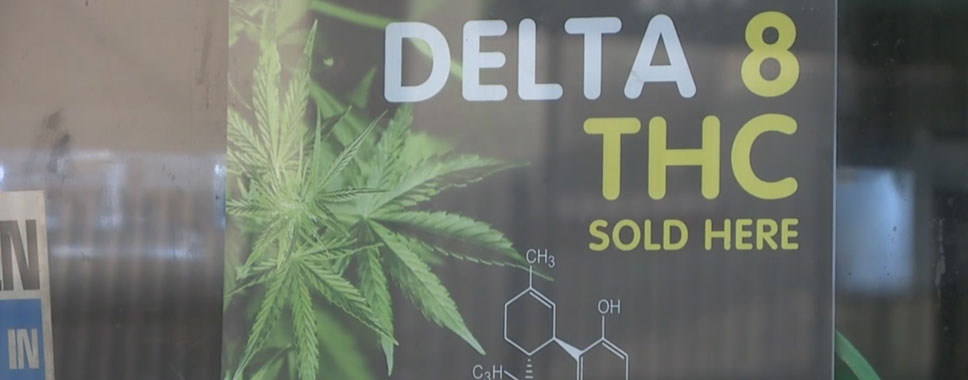Latin America (LATAM) often gets overlooked in discussions about the hemp industry, with many assuming it is still in its early stages. However, attitudes towards hemp and its potential as a profitable crop are starting to shift in various regions, from Uruguay to Mexico. While progress has been accompanied by challenges, there is growing recognition of the economic potential of hemp in LATAM.
According to a market report by the Brightfield Group, sales of hemp-derived cannabidiol (CBD) in LATAM could reach a staggering $448 million by 2023. Although medical cannabis is legal in multiple LATAM countries, projected sales for CBD far exceed those of medical cannabis, which are expected to reach $109 million by 2023. This significant difference can be attributed to the negative perception of cannabis, which has long been associated with violent drug cartels.
Unlike cannabis, hemp is not subject to the same stigmatization due to its low THC levels, making it more socially acceptable and leading to different classifications in the eyes of society and government policies. For instance, Mexico has seen increased access and market growth for CBD products with less than 1% THC due to their legal status. In Uruguay, which fully legalized cannabis in 2013, the hemp market has flourished, positioning the country as one of the major exporters of hemp-based products in LATAM. Other emerging hemp markets can be found in Mexico, Peru, Chile, and Paraguay. Colombia stands out as well, where CBD products can be legally purchased from government-licensed retailers. Interest in hemp products, particularly CBD, is on the rise across multiple LATAM nations.
Long-term projections indicate that, similar to the US market, skincare and beauty products are likely to dominate hemp sales in LATAM. The lower cost of these products makes them accessible to a wider consumer base, fueling further interest and growth.
While it is still early to make definitive predictions, the future of hemp in LATAM appears promising. As more LATAM countries reassess their legal stance on cannabis, the potential for a thriving hemp market becomes even more feasible. In the meantime, it is hoped that LATAM countries with nascent markets will attract foreign investors who can contribute to the growth of this emerging industry.

 hempcentral
hempcentral 



Comments